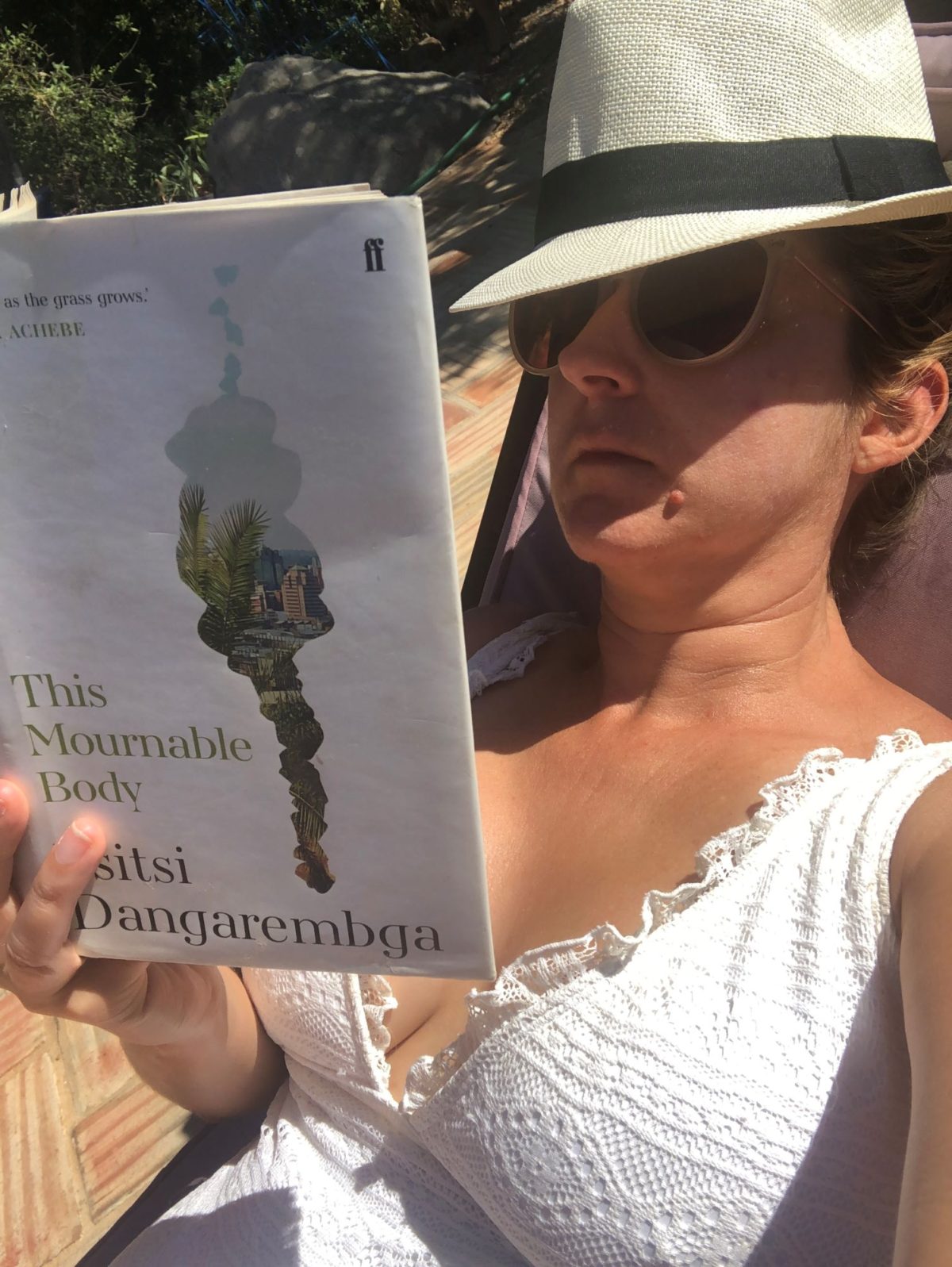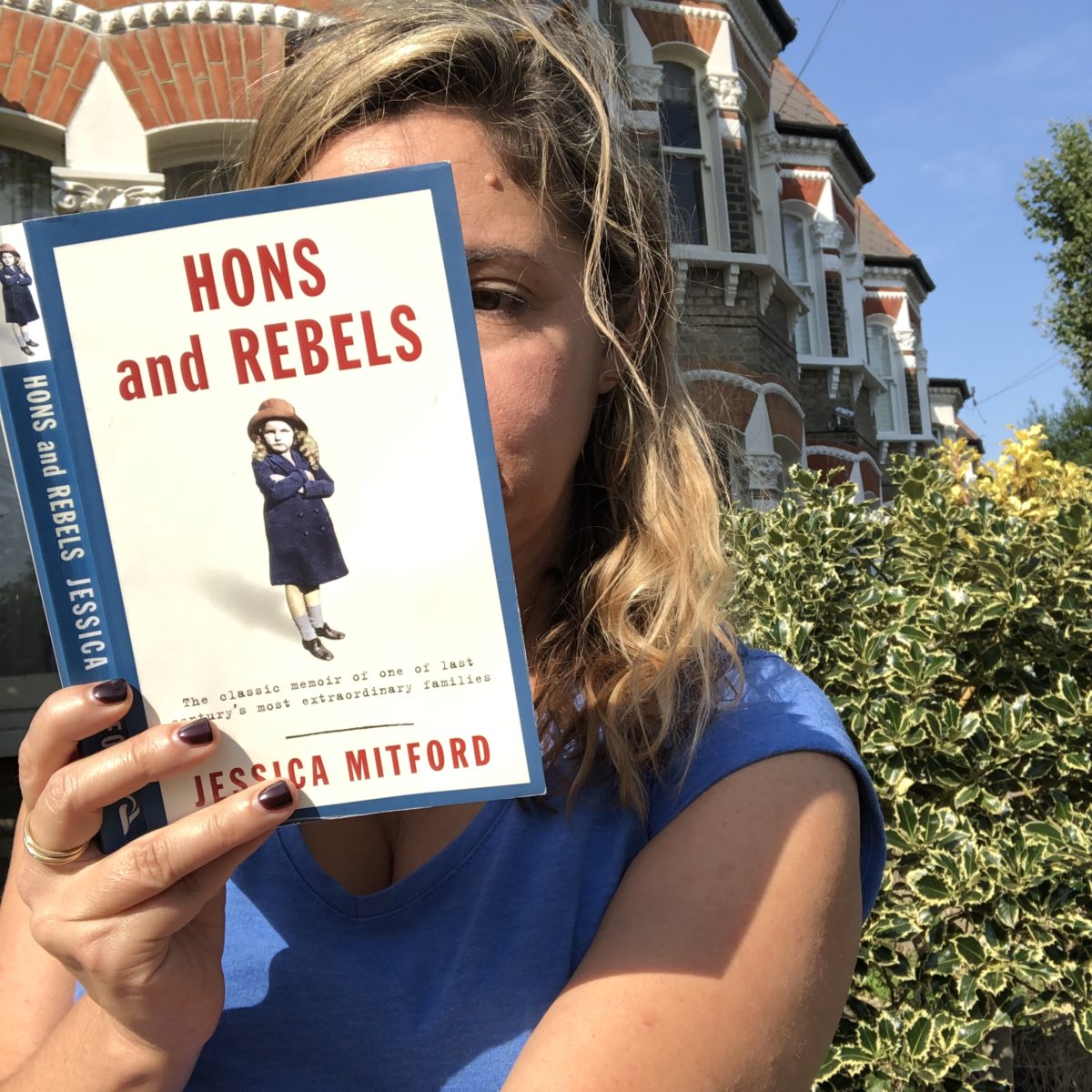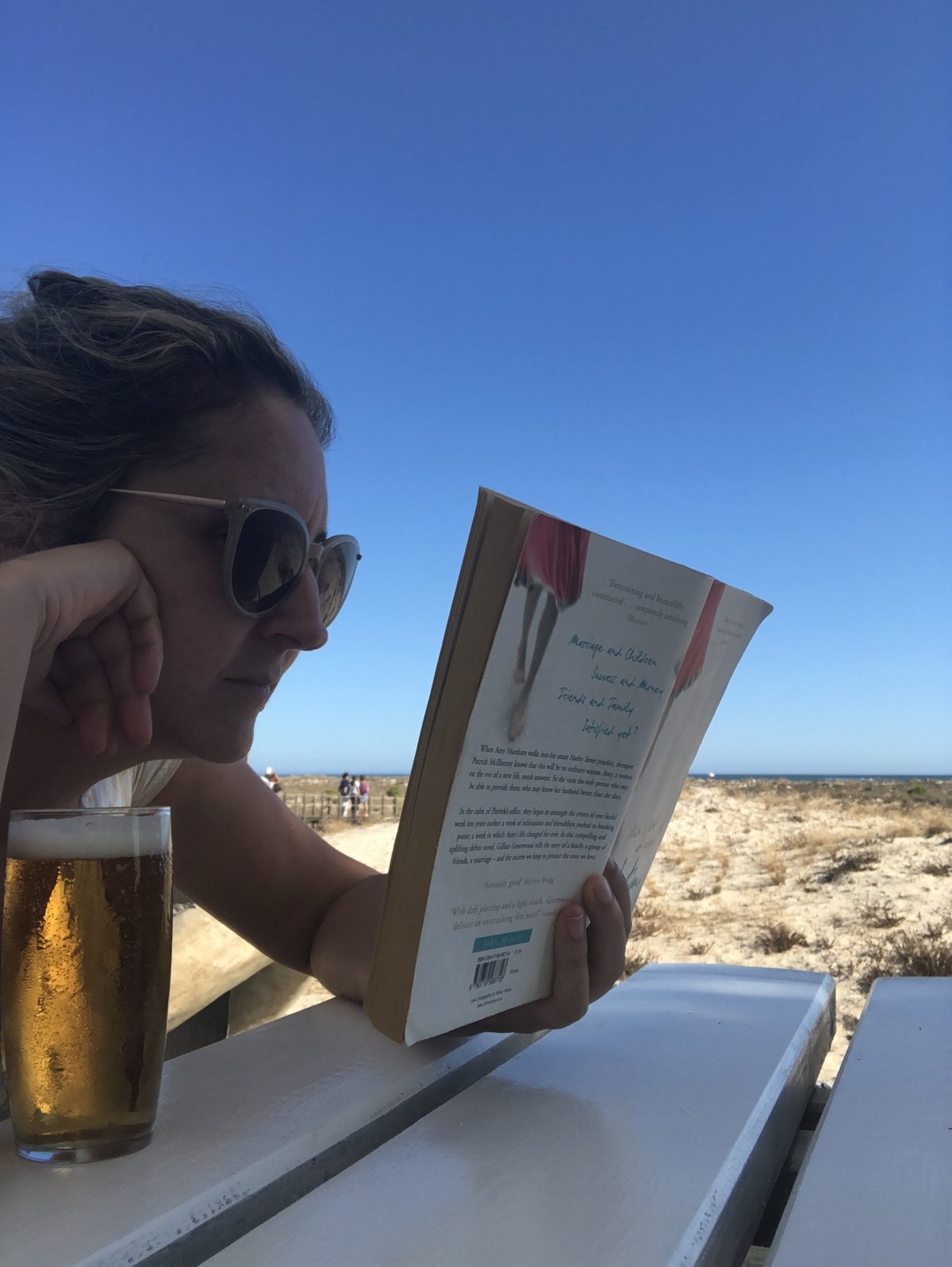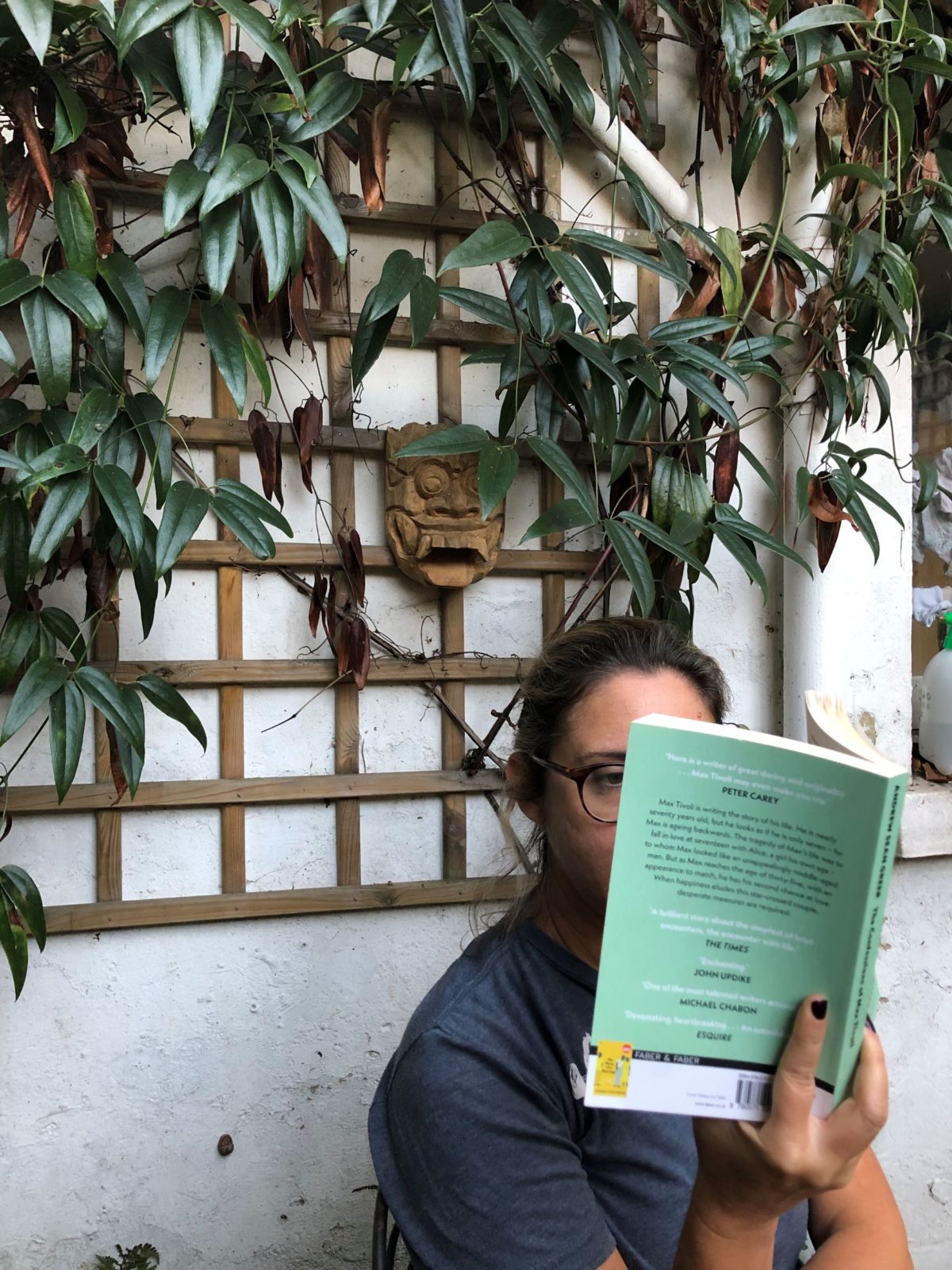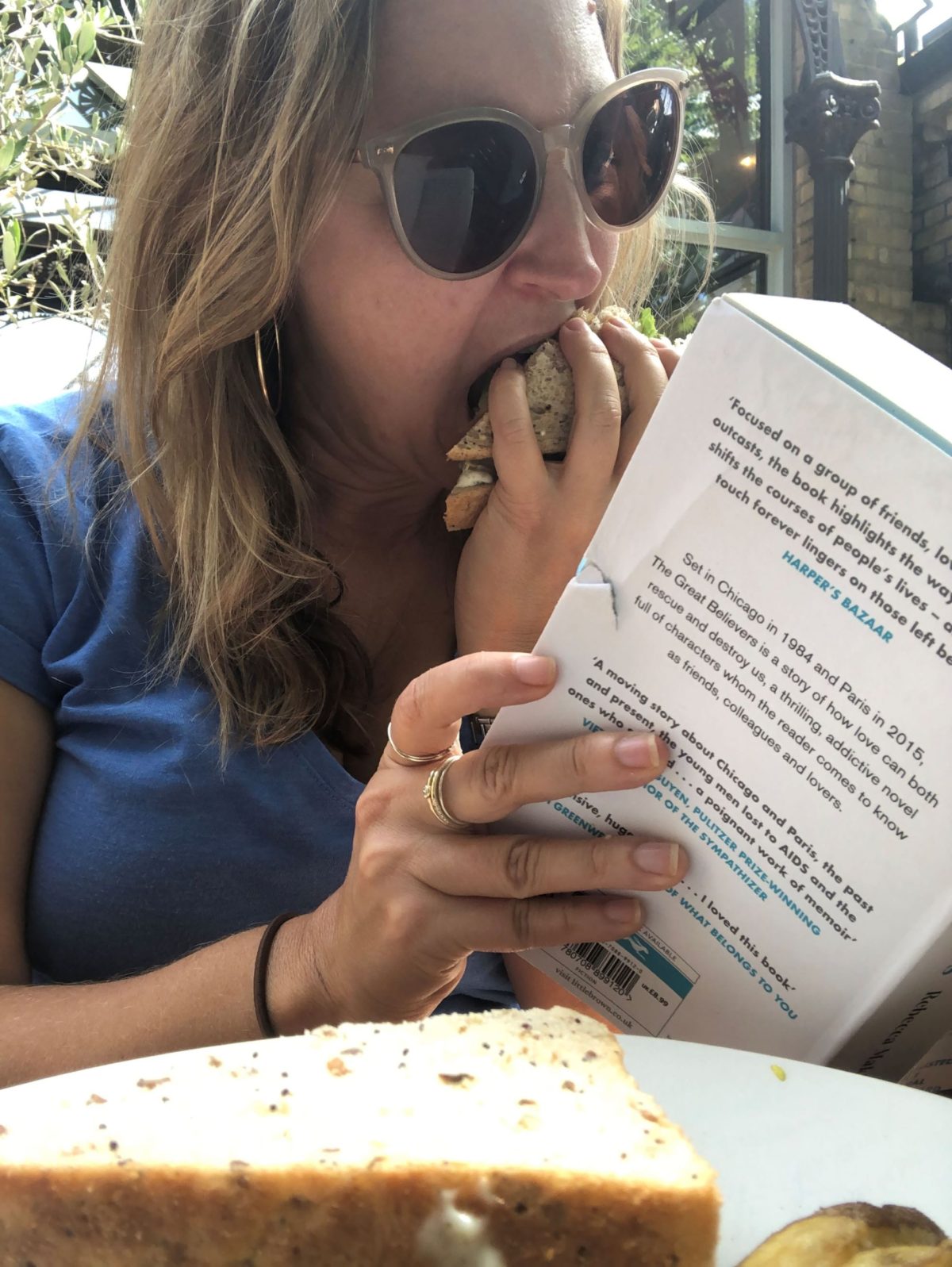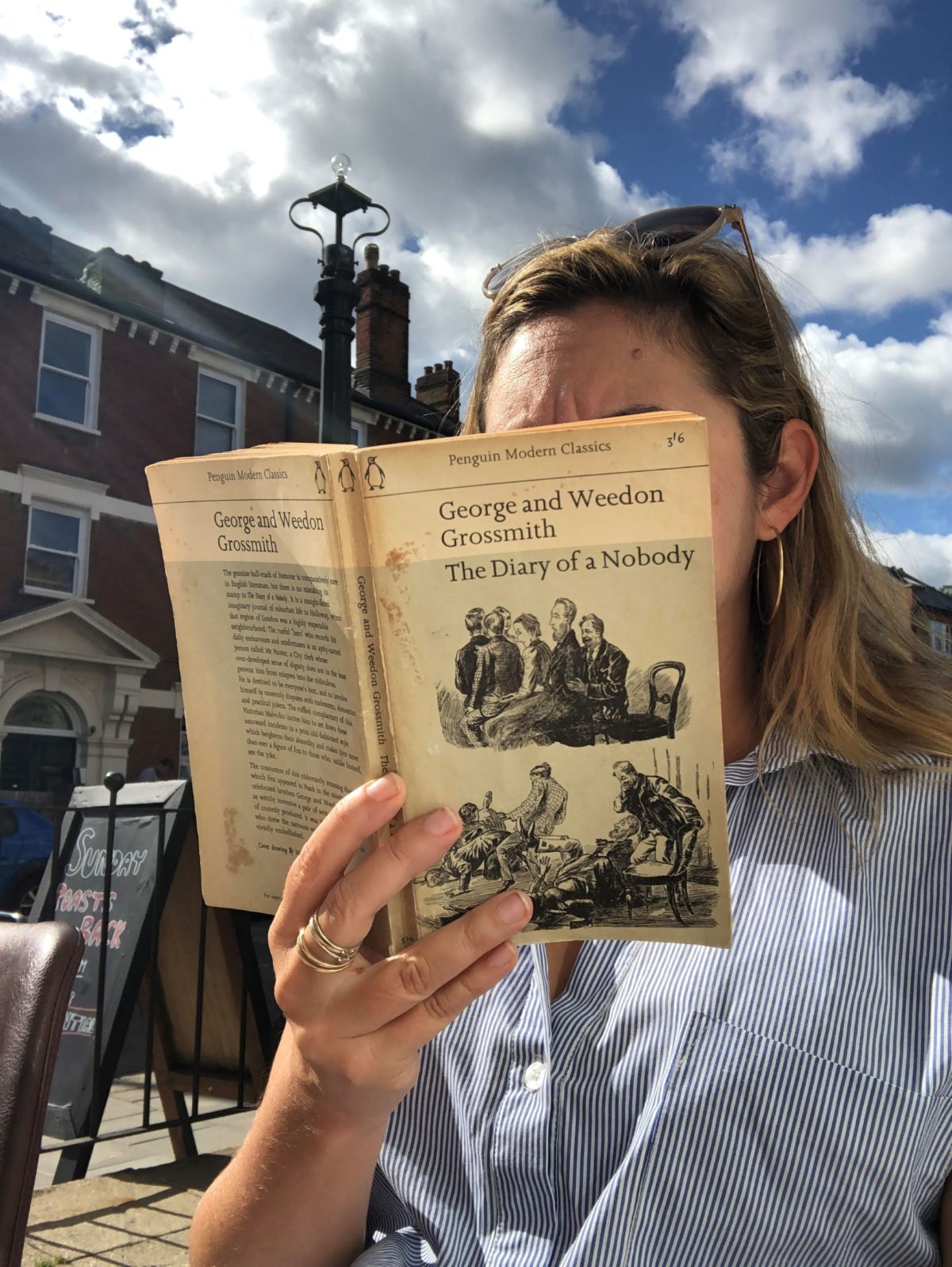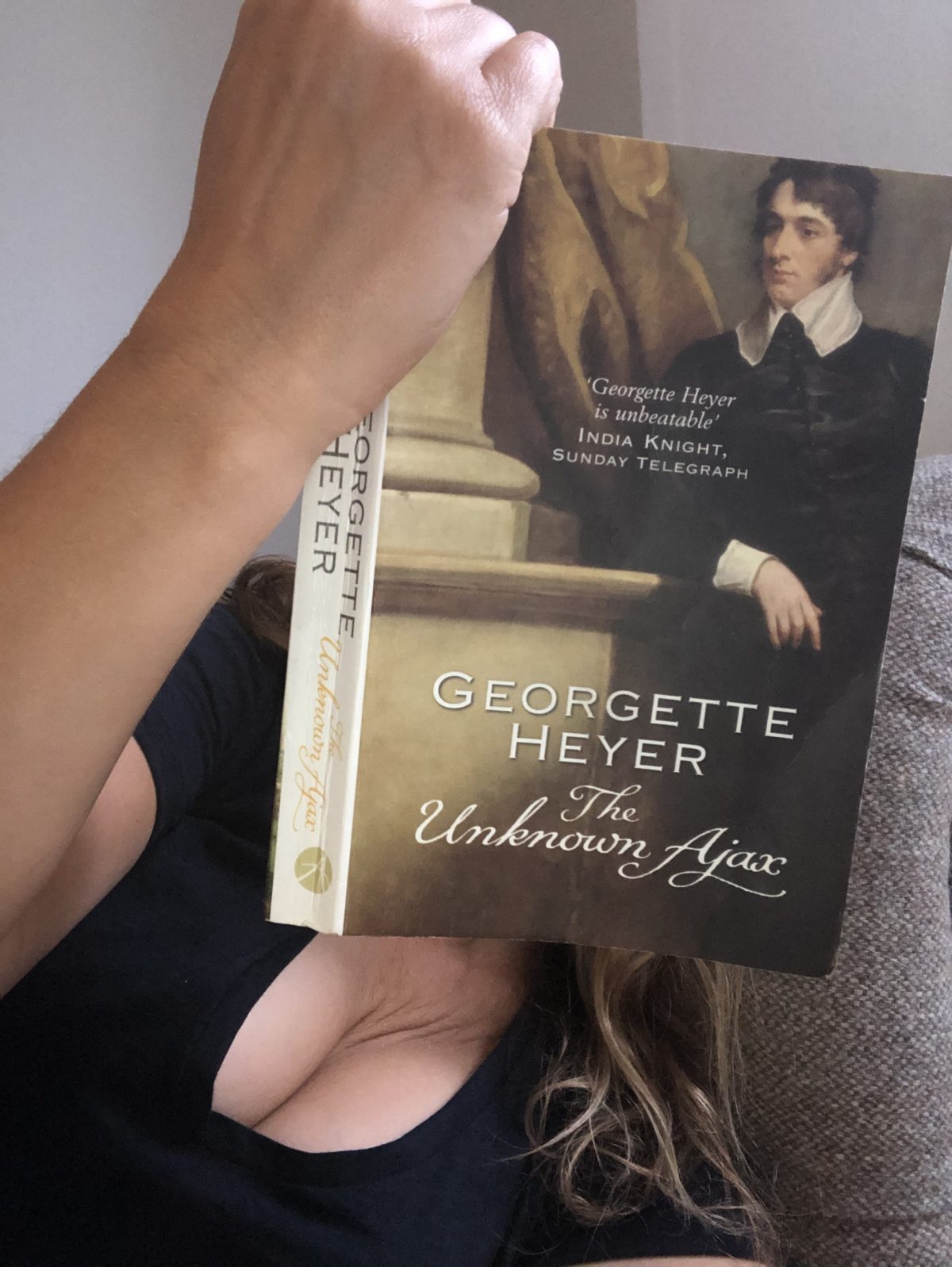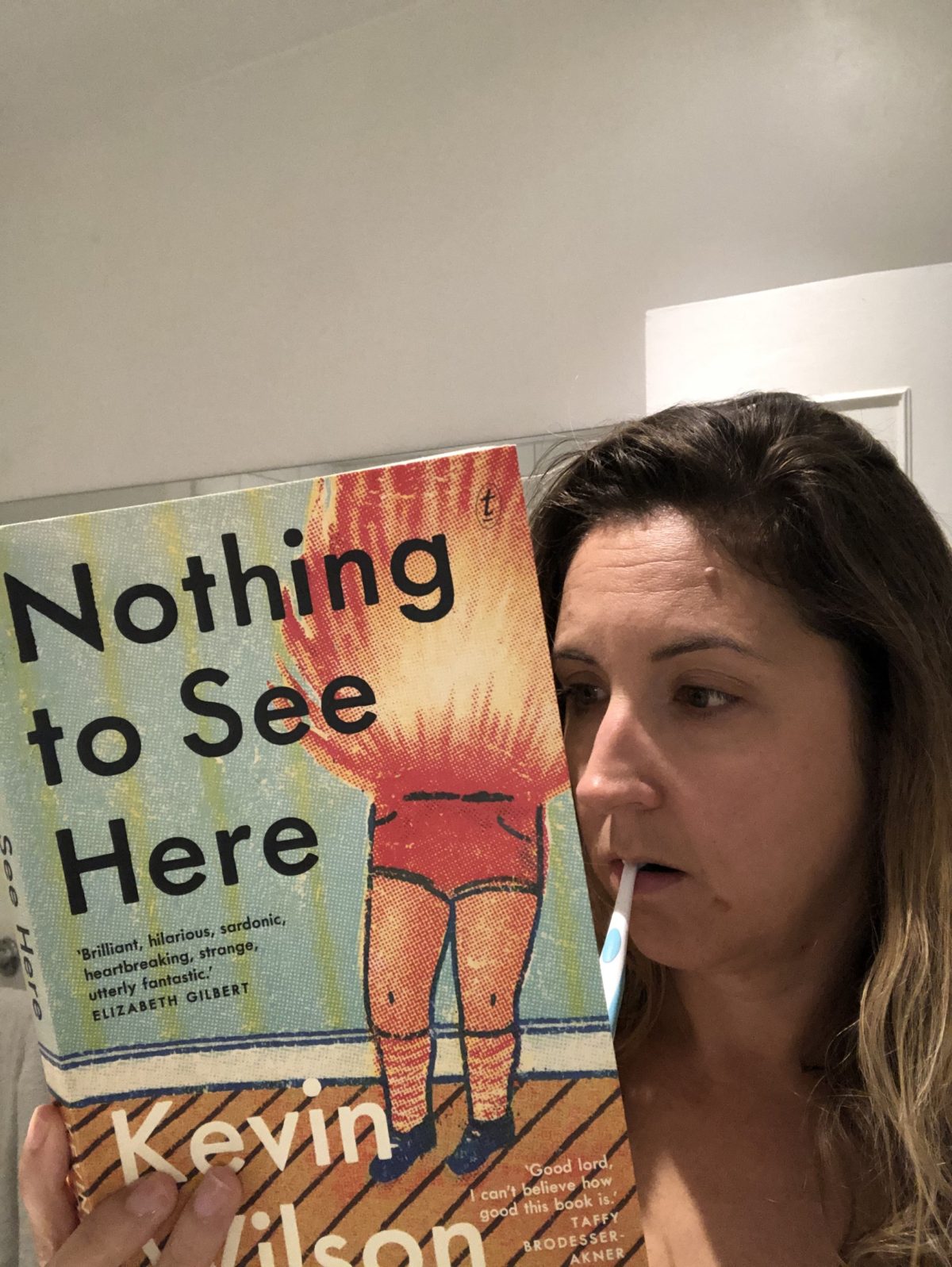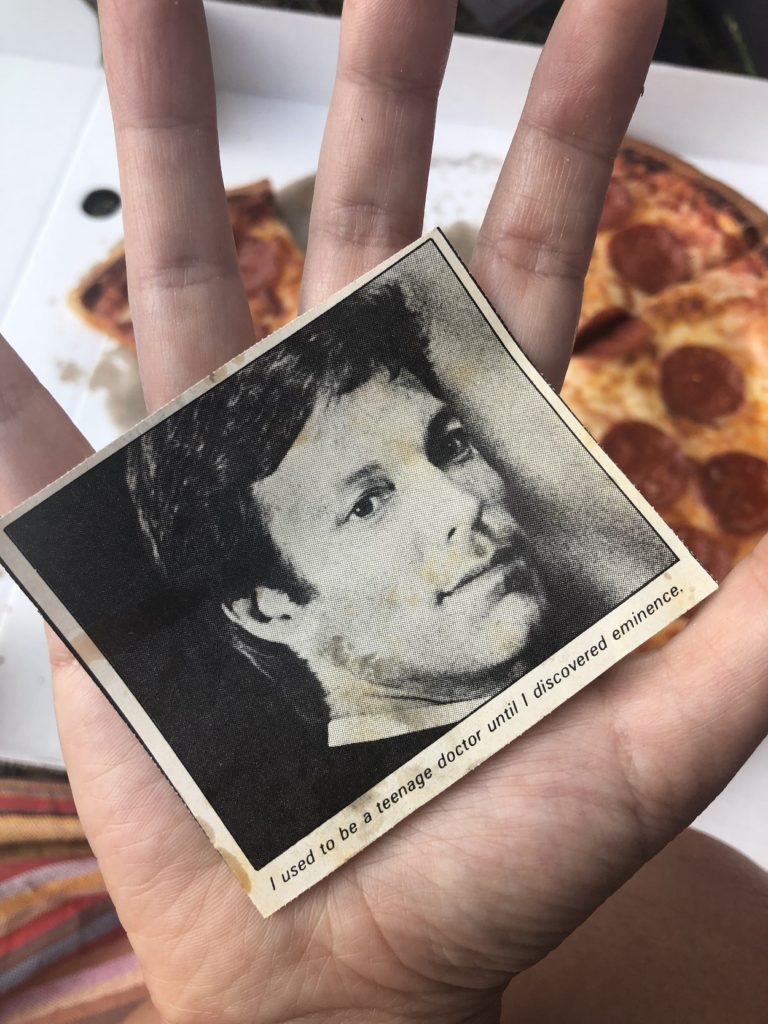I bought this book after the author got arrested. I wanted to show her some support, pathetic and $11.99 as it was. I recall well when thousands of us marched in the ‘Final Push’ against ZANU in 2003. That Push has proved lengthy, and this year only a handful of people walked, and that in middle class areas. They all got arrested, including Dangarembga.
Dangarembga’s first book was NERVOUS CONDITIONS. Because it was the first novel by a black Zimbabwean woman in English, it is sometimes receives the insult of being called one of the finest African novels of the twentieth century. It is one, but it is also one of the finest novels globally. It is a coming of age story, and THIS MOURNABLE BODY is its continuation.
The epigraph is from Lorraine Hansbury
There is always something left to love
And this despondent reflection – on how much easier it would be to just give up – works for both the main character, Tambu, whose life is in a downward spiral, and the country of Zimbabwe. Tambu is struggling in the country’s economic collapse, not least because she takes its impact personally. She quits a job where she is treated badly and
Spends much time regretting digging her own grave over a matter of mere principle
I have definitely been there. There is much that is witty. Here is Tambu on her cousin, an academic, and her husband:
You begin to suspect . . that they found each other because neither possess the hardiness success requires, so they have dressed discouragement up in the glamour of intellect
It’s a bleak vision of a life and a country, beautifully written. It made me proud to be Zimbabwean.

